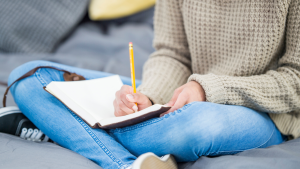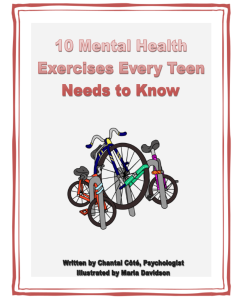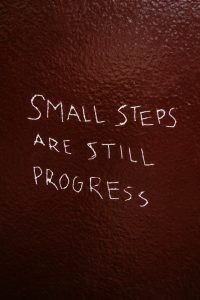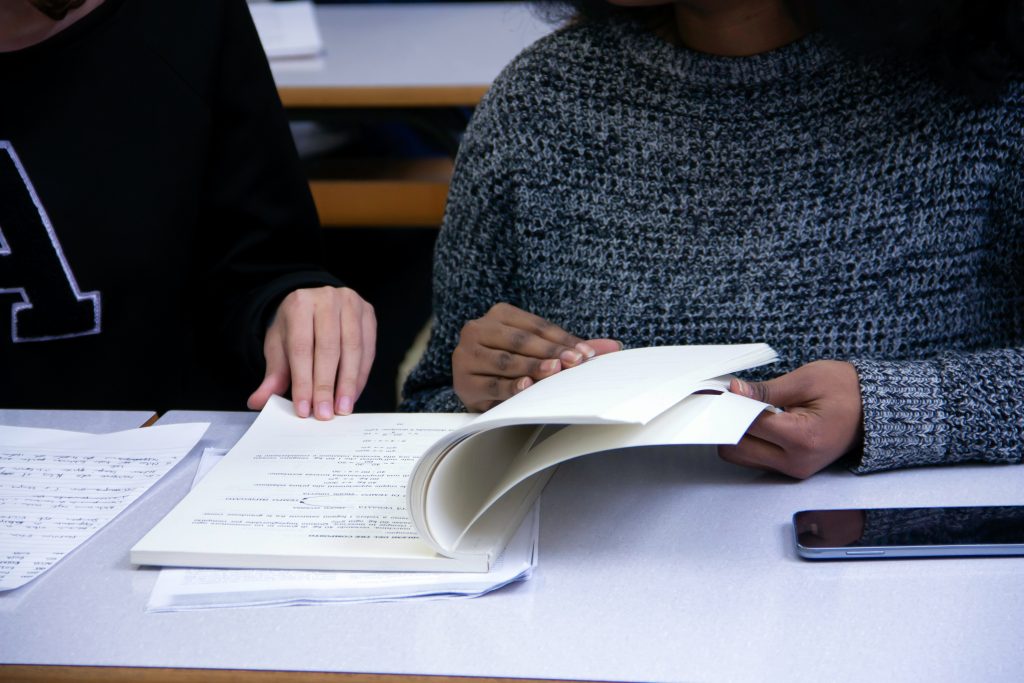How to Help Teen Girls with Test Anxiety
How to Help Teen Girls with Test Anxiety
Well, it looks like it is that time of year again – time to help teens with test anxiety!
The unfortunate reality of tests is the dreaded test anxiety that can sometimes go with it.
But its ok, we got you!
—————————————
How to Raise Unbreakable Teen Girls: A guide for parents wanting to raise confident, resilient young women in today’s world. CLICK HERE FOR FREE DOWNLOAD <<<
9 tools you can immediately use to improve your teen’s mental health, strengthen her relationships, and boost her confidence.
Guide to Raise Unbreakable Teen Girls
—————————————
Most often test anxiety is produced by the apprehension and pressure to do well on an evaluation. Test anxiety can show up in both physical (fight or flight) and mental (worry, about information recall). However, some anxiety is normal and can help one in a test while for others it can be debilitating. So, what can we do as parents to help support that test anxiety?
8 Ways to Help Teen Girls with Test Anxiety

Photo by Canva Pro
Tip #1: Talk About It
Well, step one talk about the test with your teen, what is causing worry? Perhaps it’s the material, maybe it’s the setting? Has your teen studied the material; do they understand it?
Talk about the worry. Talking about it can help it become much smaller.
Tip #2: Visualize
Visualize the test day… What does your teen need to have to be prepared? Have them imagine walking into the test feeling positive and prepared to write it. Talk about the test with them and go through how they want the test to be, and how they want the outcome result to be.
Tip #3: Expectations
Talk about rational expectations. If your teen has not been present in class or is missing key components, they might not be able to get the grades they wish for. And that is ok, try to work through any catastrophizing thoughts they may have, and discuss the reality of the situation.
Tip #4: Mindfulness
Mindfulness, talk about being in the present moment with your teen, especially when they begin to feel overly anxious. Focus on one task at a time. Stay in the moment and with each thought that appears don’t judge it, just recognize that it is just a thought and let it go.

Photo by Canva Pro on Unsplash
Tip #5: Negative Self-Talk
Encourage your teen to practice replacing negative self-talk with more rational thoughts. Remind them to take a moment to acknowledge how far they have come and give themselves praise.
—————————————
How to Raise Unbreakable Teen Girls: A guide for parents wanting to raise confident, resilient young women in today’s world. CLICK HERE FOR FREE DOWNLOAD <<<
9 tools you can immediately use to improve your teen’s mental health, strengthen her relationships, and boost her confidence.
Guide to Raise Unbreakable Teen Girls
—————————————
Tip #6: Name Anxiety
Talk to your teen about naming their test anxiety. Naming it creates the idea that it exists outside of your teen, putting distance between them and their uncomfortable thoughts.

Photo by Canva Pro on Unsplash
Tip #7: Self-Care
As parents we really want to focus on the basics here as well – good sleep hygiene, a healthy diet, and the inclusion of some moderate to light exercise to keep healthy. Look at other stressors in your teens life and look to reduce anything for a bit to help take some of the pressure off.
Tip #8: Celebrate
Celebrate small achievements your teen makes along the way. Congratulate them on trying. Celebrate that they did something that was hard and uncomfortable. Cheer when they study.
Check out 5 Ways to Make High School Exams Fun (blog written by a colleague in the Pyramid Psychology Family) to learn more ways to celebrate along the way.
Plan something for your teen to look forward to after their exams.
Take one of these tips at a time and implement them into life with your teen. You will be amazed at how much of a difference your support can make! (And you will feel less like you’re hopelessly watching on the outside, too).
Before I go, here is a BONUS TIP for your teen with exam anxiety! Offer for them to try a guided meditation the next time you’re driving them somewhere or there’s a quiet moment at home. Click here to listen to one I like.
Love,
Tara Aldie
Graduate Student in Counselling offering affordable counselling for teen girls (11-18 years old) online, and in person in Airdrie, Alberta
*1:1 services available for teen girls living in Alberta, Canada – $40 per session. Free consultation here.
—————————————
How to Raise Unbreakable Teen Girls: A guide for parents wanting to raise confident, resilient young women in today’s world. CLICK HERE FOR FREE DOWNLOAD <<<
9 tools you can immediately use to improve your teen’s mental health, strengthen her relationships, and boost her confidence.
Guide to Raise Unbreakable Teen Girls
—————————————
About Tara
 Hello, my name is Tara, and I am a graduate student in counselling, I will be doing my practicum at Pyramid Psychology and I am very excited to practice all the skills I have learned as well as develop new relationships.
Hello, my name is Tara, and I am a graduate student in counselling, I will be doing my practicum at Pyramid Psychology and I am very excited to practice all the skills I have learned as well as develop new relationships.
I have experience working with youth and teens and I also navigate parenting to four of my own kids. I tend to work with a solution focused, client centred and cognitive behavioural approach. I know that being a teen is tough, and sometimes are problems exasperated by social media and technology.
I struggled with fitting in as a teen, and I really felt that I didn’t belong. After years of soul searching and many personal ups and downs, I realized that my uniqueness was a strength. My goal is to help navigate through these difficult times while promoting self-discovery and personal strengths.
I understand that parents can often feel confused and left out of their teen’s life. I look to bridge the gap between these differences through positive communication. Teens need all the support they can get; the world and relationships can often seem crazy and unrelatable. I work to help bring closeness within existing supports and help develop and foster relationships.
With art, music, writing, play and movement we can work together to help promote self-discovery. I look forward to creating a positive and healing journey with you!
Book a free consultation with me here.
Serving teens in Alberta age 11-18, online or in person (Airdrie, Alberta).























 I am a registered social worker with a Bachelor of Social Work with a major in psychology from the university of the Western Cape, and a Master’s in Clinical Social Work specialization with individuals, families, and groups from the University of Calgary.
I am a registered social worker with a Bachelor of Social Work with a major in psychology from the university of the Western Cape, and a Master’s in Clinical Social Work specialization with individuals, families, and groups from the University of Calgary.

















